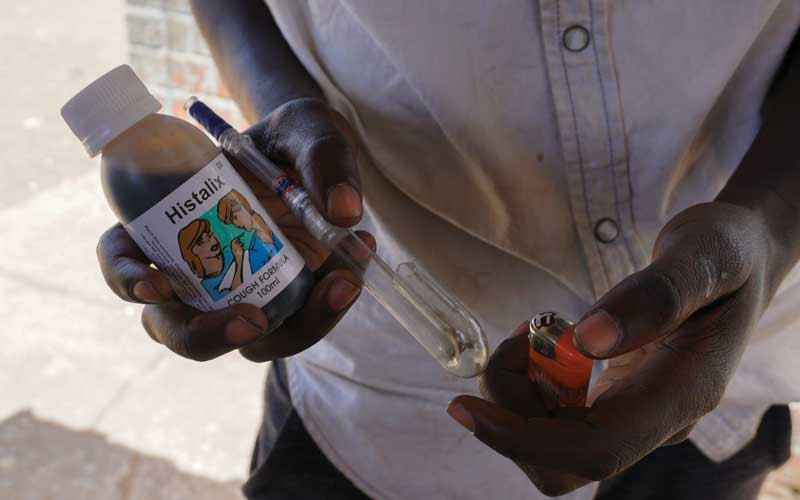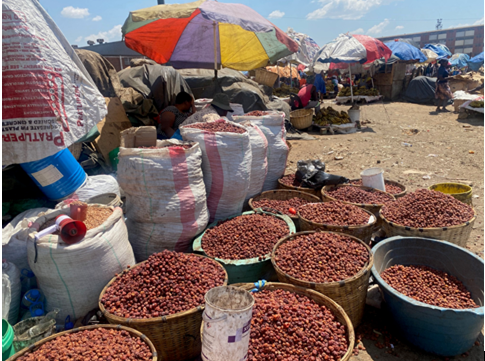
AS Zimbabwe assumes on the Sadc chairmanship next month, it is presented with a unique opportunity to leverage on regional co-operation and resources to address two critical public health issues plaguing the nation — the epidemics of mental illness and substance use disorder.
These interlinked challenges have long been neglected in Zimbabwe and the broader Sadc region, but with co-ordinated and visionary leadership, Zimbabwe is poised to spearhead a transformative regional approach that could yield meaningful and lasting improvements in the lives of millions.
The burden of mental illness and substance use disorder in Zimbabwe
According to latest data from the World Health Organisation (WHO), the prevalence of mental disorders in Zimbabwe stands at 13,7% of the total population, translating to over 1,8 million individuals affected.
The most common conditions include depression, anxiety and post-traumatic stress disorder — many of which are exacerbated by the country’s economic and political instability, as well as the lingering impact of the COVID-19 pandemic.
Complicating this mental health crisis is the growing epidemic of substance use disorder.
A 2021 national survey found that 8,5% of Zimbabweans aged between 15 and 64 suffer from alcohol use disorder, while 4,2% struggle with drug use disorders, primarily involving cannabis, opioids and methamphetamine.
These figures are likely understated, as stigma and limited access to treatment services prevent many from seeking help.
- Mavhunga puts DeMbare into Chibuku quarterfinals
- Bulls to charge into Zimbabwe gold stocks
- Ndiraya concerned as goals dry up
- Letters: How solar power is transforming African farms
Keep Reading
The interplay between mental illness and substance use is well-documented, with each condition influencing the other and leading to poorer health outcomes.
In Zimbabwe, those suffering from mental disorders are up to three times more likely to develop a co-occurring substance use disorder and vice versa.
This dual burden places an immense strain on individuals, families and the healthcare system.
Zimbabwe’s Sadc leadership: A catalyst for regional collaboration
As the incoming chair of Sadc, Zimbabwe has a unique opportunity to champion a co-ordinated regional approach to addressing the epidemics of mental illness and substance use disorder.
Drawing on the collective resources, expertise and experiences of the 16 member States, Zimbabwe can spearhead the development of comprehensive, evidence-based strategies that transcend national borders and tackle these issues at a systemic level.
Key areas of focus include:
- Harmonising mental health and substance use policies and legislation across the Sadc region to ensure a consistent, rights-based approach;
- Establishing a regional surveillance and early warning system to monitor trends, identify emerging challenges and facilitate timely exchange of information and best practices;
- Leveraging on Sadc’s existing health and social development frameworks to mobilise funding, build healthcare workforce capacity and improve access to quality and affordable services;
- Launching regional public awareness campaigns to reduce stigma, promote mental wellness and encourage help-seeking behaviour; and
- Fostering cross-border collaboration in research, data collection and development of culturally-appropriate, evidence-based interventions.
By taking a leadership role within Sadc, Zimbabwe can catalyse a transformative shift in how the region addresses these interlinked public health crises, ultimately improving the lives of millions and setting an example for other regions to follow.
The dual epidemics of mental illness and substance use disorder in Zimbabwe and the broader Sadc region represent a formidable challenge, but one that can be tackled through a co-ordinated, cross-border approach.
As Zimbabwe assumes the Sadc chairmanship in 2024, it is uniquely positioned to spearhead a regional strategy that leverages on the collective resources and expertise of member States, ultimately improving access to quality affordable services and shifting the narrative around mental health and addiction.
With bold, visionary leadership, Zimbabwe can leave a lasting legacy and pave the way for a healthier, more resilient southern Africa.
- Raymond Tendai Rusinga is a mental health advocate, a writer and/or researcher based in Harare, Zimbabwe. He is dedicated to raising awareness, reducing stigma and improving access to quality mental health care for all. He writes here in his personal capacity and can be contacted on +263 776 206 227 or email: [email protected].











